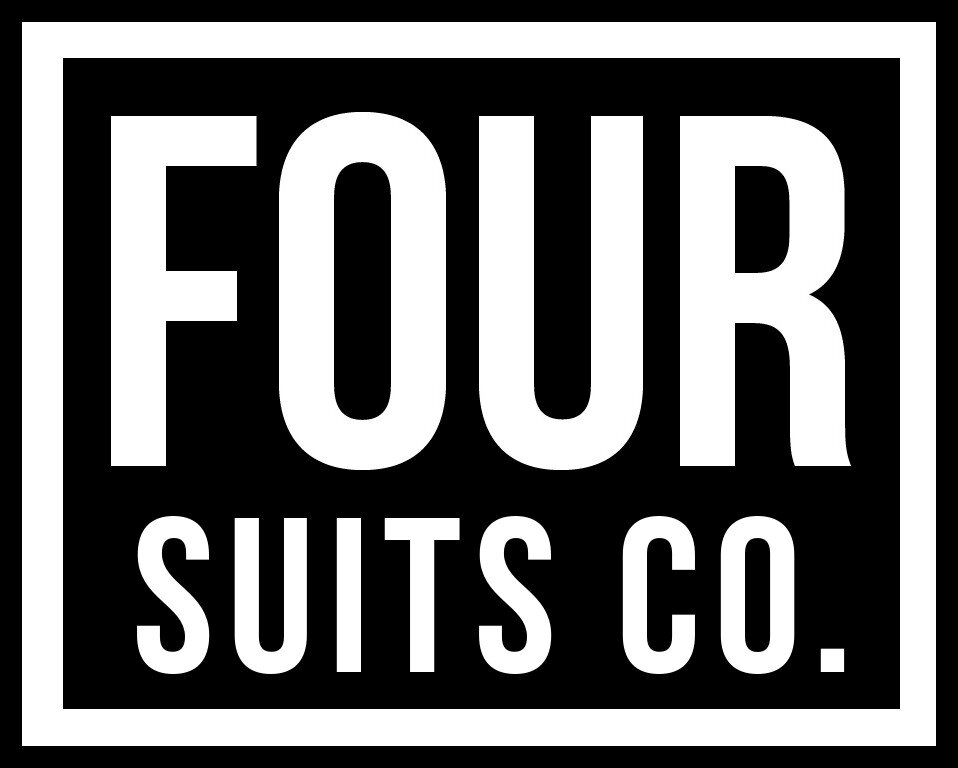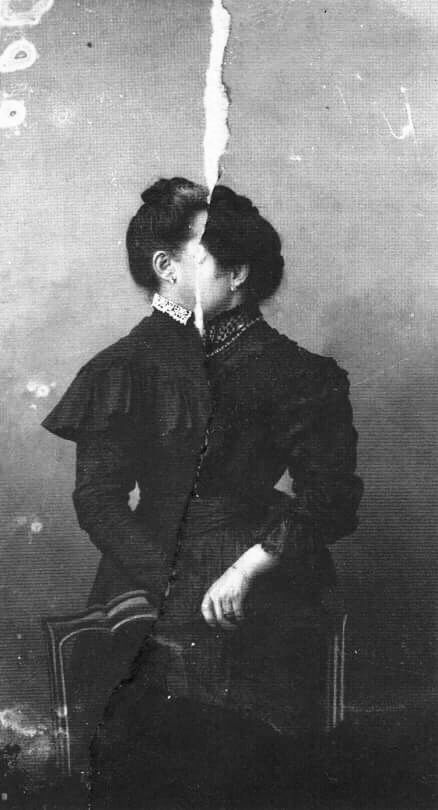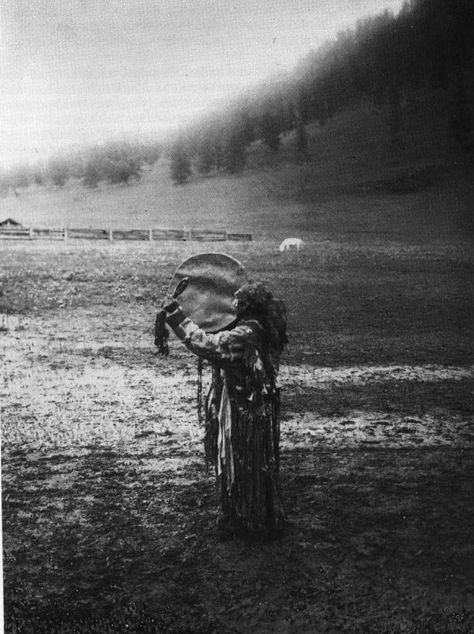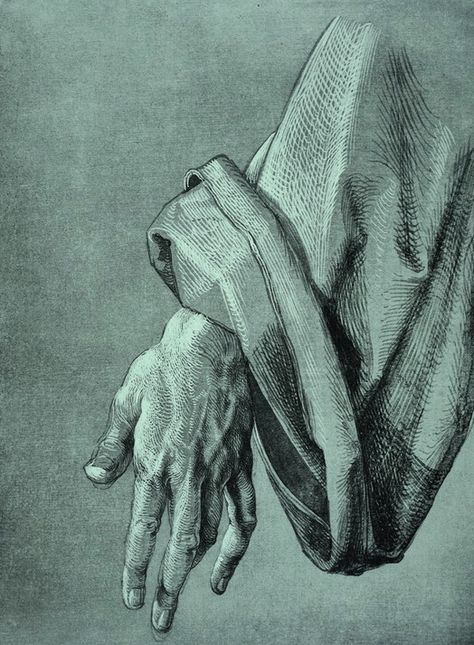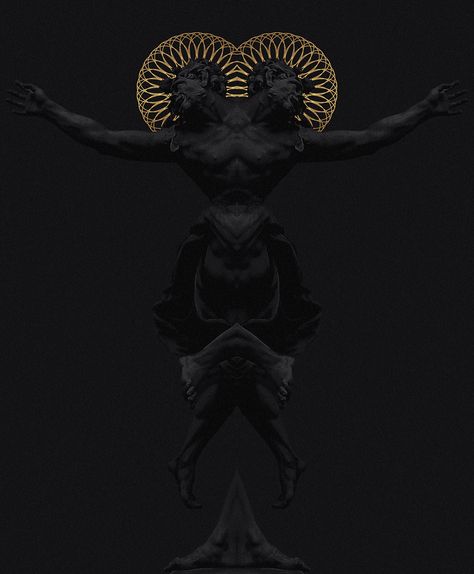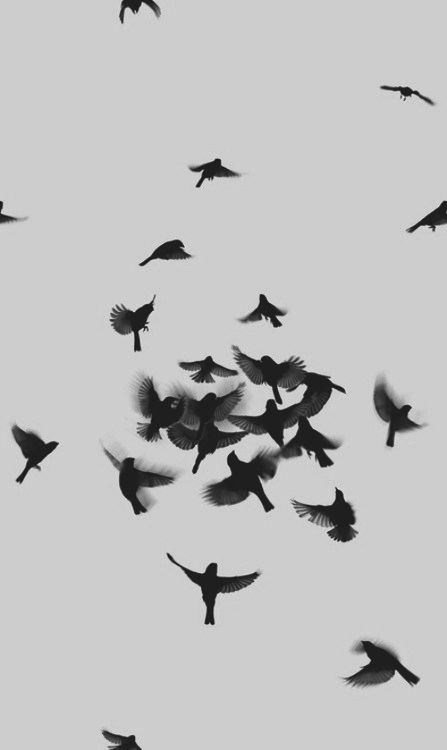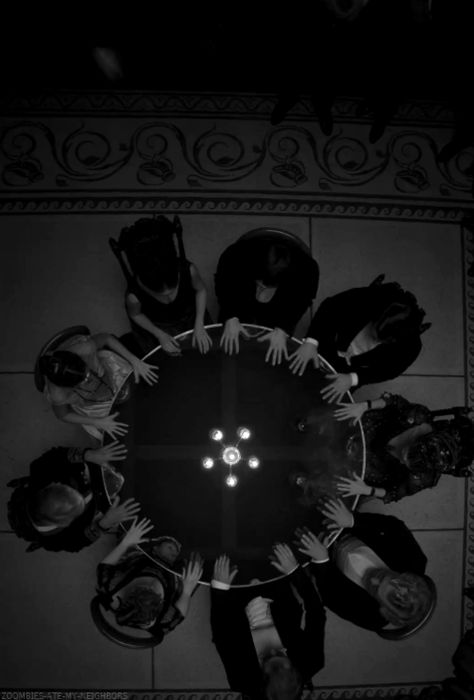A soft echo of “Let go.” is all I heard as I performed a “floating table” effect for a bunch of kids the other day. It was extremely disturbing, because it’s not like they were all trying to “expose” how the table was “floating”, these were super young kids, but I think they sincerely wanted to see what would happen if I let the tablecloth go. It was genuine desire to see something that went up next level insane. Like, this table is already floating with me holding it, but what will happen when I let it go? Does it fly over everyone’s heads? Does it fall to the ground?
This is something to consider when adults ask to “shuffle the deck” or seemingly attempt to goof up your “tricks” (if you’re a magician reading this), because this response proves that most times, in my humble opinion, you shouldn’t consider performing magic as a series of oppositions between you and the participants/audience members (as some magicians I know do). You should view it as being a tour guide of the impossible. And just like people in a brand new place of impossibility, they just want to see how far this strange new land goes back, they’re just doing their jobs as curious people.
They don’t really want you to fail when you let go. They don’t want you to mess everything up when the deck gets shuffled or they put something where they shouldn’t. They want it to succeed. Because if it succeeds, then the curtain just gets pushed back farther and farther until there’s nothing to “find” anymore, because then there’s no “trick”, then the feeling of magic is really being realized for them.
Honestly, I wondered if it would’ve been better for me to let go of the table and just let it drop to the ground. We would have witnessed a boundary, and we would’ve witnessed something fantastic, a table floating above everyone’s heads, and then we would’ve witnessed something real, something crashing to the ground.
I think about some of the ways I can give the audience even more from my magic performances. I think about letting the magic exist beyond myself. I think about letting go.
-- J.R.
